One of the critical requirements for remaining a member-in-good-standing of the Loony Left™ is keeping up to speed on the latest, ever-growing list of non-inclusive words and phrases — and NEVER using them.
More precisely, avoiding words banned by the left’s word police — for any number of offenses, including lack of “inclusivity,” “racist,” “misogynistic,” or otherwise “triggering” stuff.
While many of the left’s “bad words” and why they are “bad” is simply amusing to the sane among us, some of the no-no words could not be more hypocritical — which says a hell of a lot for a nonsensical group of people who take themselves way too seriously and whose hypocrisy knows no bounds.
Here’s a perfect case in point:
The University of Washington Information Technology Department’s new IT Inclusive Language Guide is chock-full of the latest words and phrases guaranteed to get a left-wing loon (or anyone else, per the left) canceled in a hypocritical heartbeat and banned from the Planet Loony Tunes for all of eternity.
From “plain, non-colloquial language,” to a list of “problematic words and phrases by category,” this baby has got you covered, America — and not a ridiculous minute too soon.
As noted by Moonbattery, the guide includes the usual, silly fare:
“Blackout date,” “black list,” “blackbox,” and “black hat hacker” are forbidden because according to establishment ideology, you must never associate “black” with anything bad.
By the same token, “white list,” “white hat hacker,” etc. are off limits because you must never associate “white” with anything good.
Incidentally, as creators of lists like this are wont to do, these geniuses included what the “preferred” alternatives to the above examples and others would be. For example, “black list” and “white list” should now be referred to as “deny lists” and “allow lists.” Far be it from me to nit-pick, but doesn’t the association of “black” with “deny,” and “white” with “allow” sound a bit — dare I say it — “racist,” as well?
One example in the guide of a less obvious “problematic” word is “grandfather,” as a verb or adjective, or “grandfathered.” The University of Washington Inclusive Language Guide ‘splains why:
“Grandfathering” or “grandfather clause” was used as a way to exempt some people from a change because of conditions that existed before the change (e.g., we’ve grandfathered some users on an unlimited data plan.”)
“Grandfather clause” originated in the American South in the 1890s as a way to defy the 15th Amendment and prevent black Americans from voting.
Assuming the above “history lesson” is correct, I get the point. Mostly, anyway. But more importantly, do the millions of people who say or hear “grandfather” or grandfathered” on a regular basis associate it with preventing black Americans from voting? I report; you make the call.
Next up, we have “first-class,” as in pretty much first-class anything, according to the guide, which admonishes us to instead use “type.” Why so, as I’m sure you’re on the edge of your seat waiting to learn?
Here ya go:
“First-class” implies that this particular value is the best quality or in the highest grade, and thus others under this group are second-class or lower class.
Using cultural hierarchies in people-people relationships to denote relationships between things is a form of classism, which is prejudice against or in favor of people belonging to a particular social class.
You’re shaking your head, aren’t you? So did I.
Finally, let’s visit the most hypocritical “problematic” phrase in the guide, IMHO: “Lower the bar.”
“This phrase is based on the erroneous idea that a company has to relax hiring standards in order to add people from different racial, ethnic, gender backgrounds,” instructs the guide.
A bit of a narrow definition, given that “lower the bar” has been used to describe far more cases than companies and their respective hiring practices, but here’s the real deal, to which the University of Washington IT Inclusive Language Guide completely misses — read: purposely and hypocritically ignores — the boat.
Two words: Harvard University. Specifically, Harvard’s race-based admission requirements.
As reported by Fox News in 2014, Harvard discriminates against Asians who often aren’t accepted by the crown jewel of the Ivy League, despite having higher test scores and grade-point averages than black and Hispanic students who are accepted.
A 2009 study by Princeton sociologists not only concluded that Asian American applicants needed a much higher 1460 SAT score to be admitted, a white student with similar GPA and other qualifications only needed a score of 1320, while Hispanic applicants needed 1190, and black students needed 1010.
So, let’s revisit not only “lower the bar” but also “raise the bar” — based solely on race. Is the practice racist? Of course, it is. Moreover, what does it clearly imply?
Or how about the Oregon state legislature and Gov. Kate Brown in 2021? As we reported in August, the “progressive” governor signed legislation in June eliminating a requirement that high school students prove proficiency in reading, writing, or math before graduation.
Charles Boyle, the deputy communications director from Brown’s office, told The New York Post in an email that the new graduation “standards” [Wait — eliminating standards qualifies as “new standards” how?] will help Oregon’s “Black, Latino, Latinx, Indigenous, Asian, Pacific Islander, Tribal, and students of color.”
See: “Lowering (in this case, eliminating) the bar.”
The University of Washington Information Technology Department was unavailable for comment.
Incidentally, as reported by The Washington Post, the Supreme Court has agreed to review a challenge to the consideration of race in college admission requirements. The court announced last Monday that it would examine the admissions policies at Harvard and the University of North Carolina at Chapel Hill, most likely in the term that begins in October.
Lower courts have found that both schools complied with previously-set Supreme Court precedents that said race may be used as one factor universities can consider in a wide-ranging evaluation of applicants.
On the contrary, as opined by The Boston Globe in March 2021, “race-based admissions are wrong, and it’s time the Supreme Court said so.”
The Globe cited 2019 findings by the Pew Research Center.
While the idea of race-blind admissions may be anathema to progressive activists, but it appeals to the great majority of Americans. The Pew Research Center found in 2019 that 73 percent of US adults believe that universities should not consider race or ethnicity when considering student applications.
That belief holds across racial and ethnic categories: Majorities of white, Black, Asian, and Hispanic Americans all oppose the use of race as a factor in admissions.
In a number of states, voters have made it illegal for officials to discriminate for or against anyone on the basis of race in higher education. One of those states is Michigan, which in 2006 banned the racial preferences that Grutter had allowed.
The bottom line:
As I said earlier, I report; you decide. And as I suggested in my headline, this piece is based solely on the sheer hypocrisy of the left. That hypocrisy has never known any bounds — and it never will.
More on RedState:
Bill Maher Explains How the Left Has ‘Gone Mental’
Princeton Points Students to National Condom Day, Hosts Contraceptive Arts and Crafts
Report: Professor Makes Students Record Themselves Confronting Racists, Homophobes or Ableists
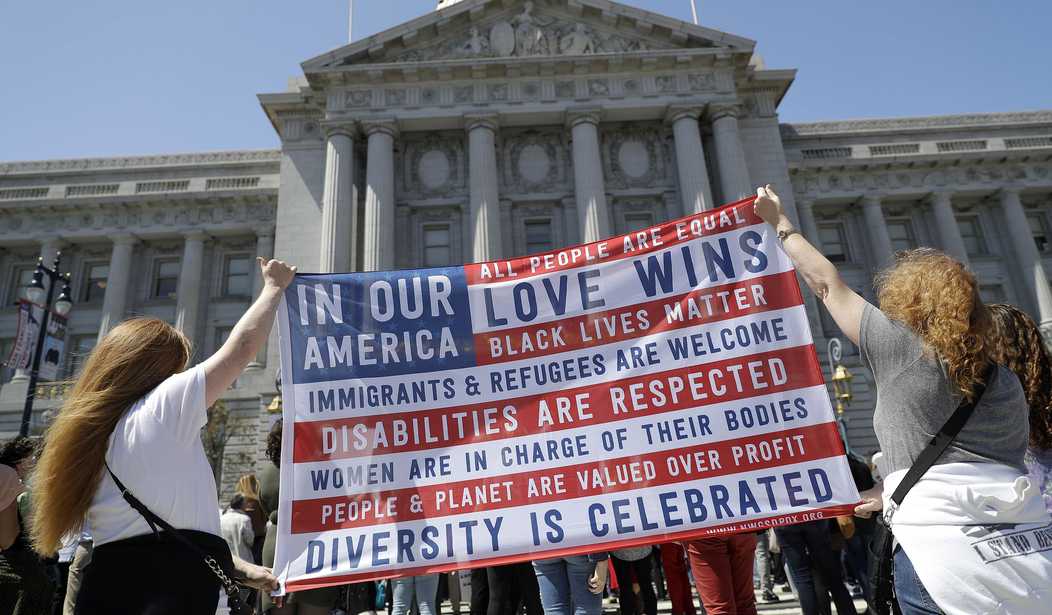





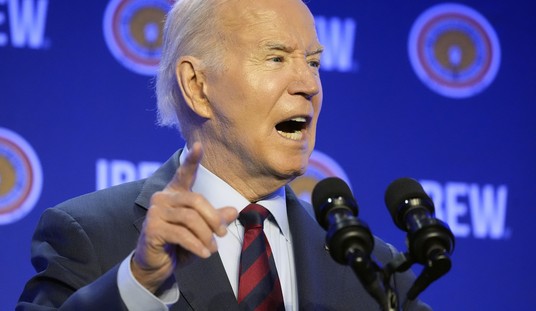

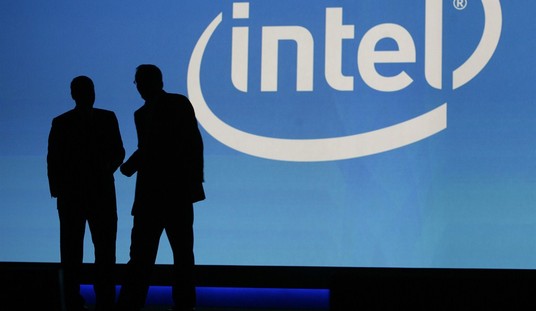


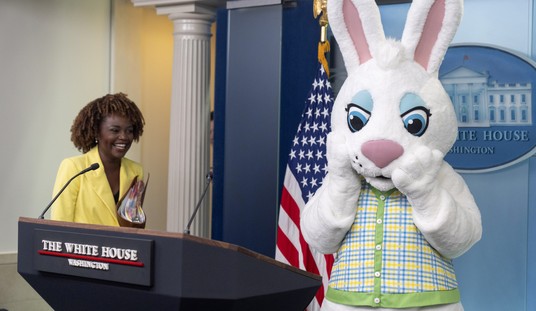

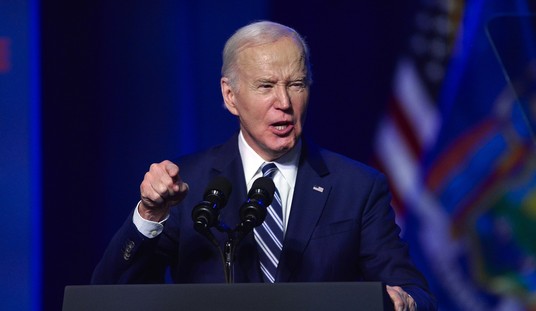
Join the conversation as a VIP Member